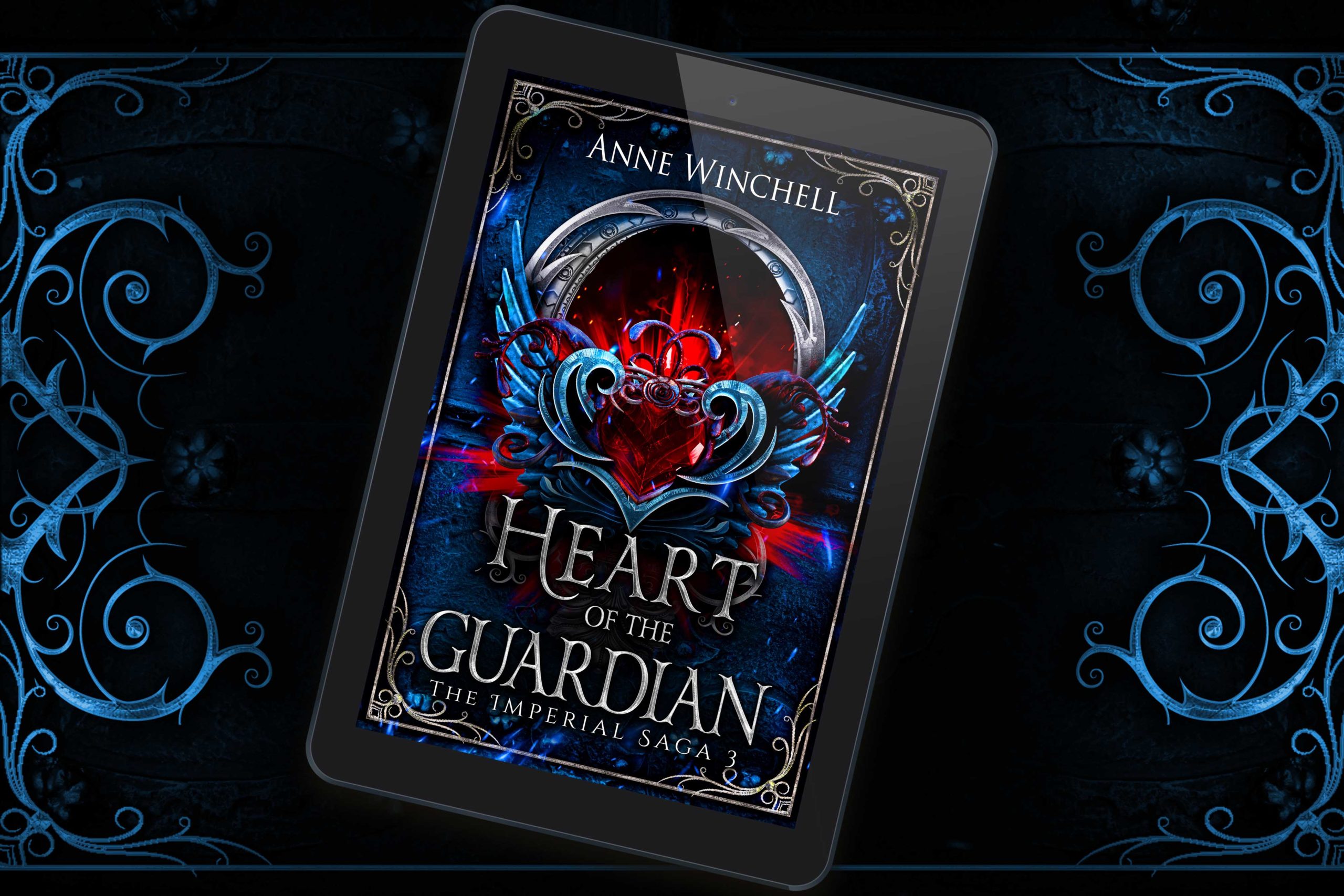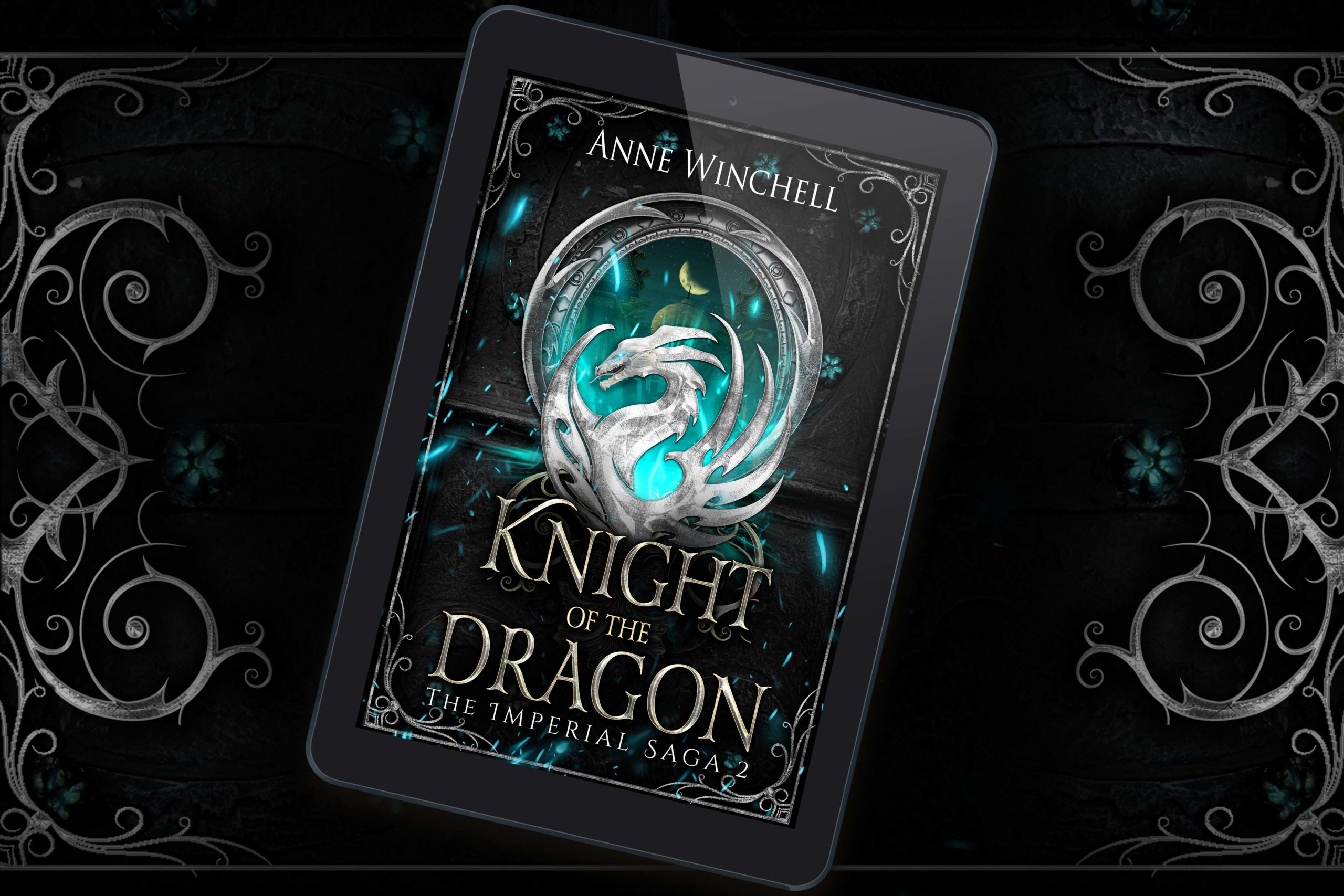I was 17, a senior in high school, at my zero-hour choir class. I was late and got there a little after 7am PST. A few minutes after I arrived, my teacher was called outside. She came back on the brink of tears, haltingly said “the World Trade Center has been hit” and turned on the television.
To anyone else, the phrase “The World Trade Center has been hit” may have been significant. But I didn’t know what the World Trade Center was just by its name. Prior to 9/11, the only vague recognition I had of it might have been through introductions of TV shows and movies that I knew to be “East Coast”-y. I might have also recognized it from a very short-lived and unfortunately timed Spiderman preview where Spiderman spins a net between the towers to catch a baddie’s helicopter.
The vagueness of “has been hit” was also confusing, given that I had no concept of what the World Trade Center was. This part of the statement was quickly answered by the news, however, the instant it turned on.
The news was absolute chaos, made more so from the viewpoint of someone who was already confused. They kept showing clips of a plane flying into a tower. They kept showing clips of a tower collapsing. Most of it, however, was focused on a tower standing, showing it from various angles. Sometimes you could see faint specks falling through the air, though it would take me a long time to realize that those were people jumping. Sometimes you could see the actual plane smoldering in the building. Always you could see the smoke.
Sometimes, oddly, they would show the pentagon, into which another plane had crashed. But they only showed this briefly, without much comment, leaving me with the impression that either these attacks were extremely widespread and they just weren’t reporting them, or that there was an entirely unrelated but weirdly similar event happening at the pentagon.
The newscasters didn’t know what to do or talk about. They repeated what was going on, what we knew, what had already happened, but there wasn’t a lot that we knew. It took me nearly five minutes of utter confusion before I realized that the World Trade Center was two separate towers, one that had already fallen and one that hadn’t. I had assumed the one World Trade Center tower had already fallen and they were just showing it standing for some reason, and I couldn’t figure out why the plane appeared to be at different locations in the shots of the building collapsing versus the shots of it standing.
From the moment the TV turned on and I realized that we had been attacked, that so many people were already dead, I had been devastated and numb. When I realized that the second tower was still standing, I felt incredible hope and dread all at once. That was the point at which I got on the same page with everyone else in America. It took five minutes, but I got there.
Everyone watched the second tower and waited as people evacuated. People on television talked about how sturdy it might be, how the plane might have struck, how long it might be before it collapsed. But mostly it was just repeating what had happened for people who were either just tuning in or still too numb to fully process what was happening.
Then, at 7:28am, the tower collapsed. There was a moment where everyone knew it would, where everyone went silent, and then it collapsed. It just collapsed, like there was nothing inside it. It took seconds. There were thousands of people inside and it took seconds. I was absolutely and utterly stunned. The newscaster was stunned. The only thing he could say was “There are no words.” There was silence. Then the news resumed at a slower pace, putting a time on the event, putting it in context of what else had happened, trying to make sense of something that clearly didn’t make sense.
After the second tower fell, very little happened. For the rest of the day, the entire school moved in a weird dream. We went to our classes, but during class we just watched the news. Some teachers had different channels, which was good because occasionally they had different clips that I hadn’t seen before, but even though we were all putting in the motions of changing classes it was clear that all of us – student and teacher – just wanted to watch the news with other people. Students were allowed to go home if we wanted but I certainly didn’t want to. I didn’t want to watch this alone.
I enjoyed having teachers nearby, too, because we could ask questions about what was happening in a setting where we wouldn’t be mocked for asking questions. I wasn’t the only one who had no clue what the World Trade Center was and why it was significant for more reasons than the thousands of lives lost, as the news kept assuring us but never bothered to explain.
I did have one teacher who insisted on teaching his scheduled lesson with the television off, informing us (correctly) that nothing new would happen in the 50 minutes of class. We rebelled and he was forced to turn on the news, but on silent, while he taught. I politely took notes while watching the news. I wondered why he was trying to deny us the experience of participating in what was clearly a national tragedy, something that even at the time I knew was going to be a defining moment in my life. Did he really think we would learn anything about biology that day? I wondered why he didn’t want to even acknowledge that it was happening. I guess we all react to tragedy differently.
I drove home after class and my mom came home from work early. After that, the days just sort of blurred together. There are only a few distinct things I remember from that time, and they are emotions more than events.
I had never expected it, but during and immediately after 9/11, I felt a sense of communion with my fellow Americans for the first time in my life. Growing up, I was taught to think critically and be a skeptic. I was very actively involved in the 2000 election despite being too young to vote and was devastated by the result (well, glad that Gore legally won, devastated that Bush was handed the presidency). Since the election, I had been feeling more alienated than usual by America.
But as 9/11 was happening, none of that mattered. Our differences vanished. Because at our heart, our differences didn’t matter. Our love mattered, and that was what I saw, for the first time, outweighing all other concerns. I love America and had loved her all my life, but for the first time, it felt like America loved me back. I knew that when we stood together like this, nothing would break us.
That feeling was absolutely unshaken while the events of 9/11 were unfolding. If love could have held up that second tower, it never would have fallen. I hope the first responders, the people who were trapped, everyone who was in the nightmare of New York and the Pentagon and Somerset County, Pennsylvania, knew that the entire nation and the entire world had their backs.
The feeling started to unravel a little during Bush’s speech that evening when he declared a war against terrorism. It’s like a war against shadows. No matter how much light you cast, shadows will always exist. And one of my initial concerns was that the name “terrorist” is prejudiced, since other terms like “freedom fighters” can often describe the same group (this ended up not being a problem: al Qaeda and now ISIS are so obviously terrorist groups this doesn’t apply). I would have felt more comfortable if Bush declared a specific target instead of a nameless entity that would constantly replicate no matter many times you defeated it. But I knew he had to do something, so it wasn’t the end of the world.
The feeling continued to fray as more evidence came out about the attackers being Muslim and suddenly it was okay to discriminate against Muslims. I also heard absolute outrage on the part of many Americans that anyone would dare attack America when we would never attack them. This was just wrong to me.
My freshman year in high school, I had an exceptional world history teacher who had us write a detailed, multi-page report on the Middle East, including an explanation of the difference between Sunni and Shi’ite Muslims, so I knew I had a better grasp on the Middle East than most students my age. I didn’t realize I had a better grasp of Middle Eastern politics in general than most Americans. I don’t think most Americans knew we were still very actively involved in the Middle East and that US airstrikes killed quite a lot of civilians in addition to intended targets. America obviously didn’t deserve 9/11, but saying no one had any reason to hate America is ignorant.
The feeling that I belonged in America and was united with her people completely unraveled on October 7 when Bush announced military action in Afghanistan. This was when I learned I’m a pacifist. I understood the necessity of this military action. We knew who was behind the attacks on 9/11 and we were going after him. This was a pretty good case for military action. Much better than the vague “war on terrorism” Bush had announced earlier. But while I thought war should be used in the gravest of situations with a solemn reverence for the lives about to be lost, everyone else just sounded delighted. People my age wanted to join up so they could kill Muslims. Not so they could protect the country. So that they could kill Muslims. This is a bit of an exaggeration: some said so they could kill terrorists. But in my opinion, joining an army with the explicit reason of wanting to kill is asking for war crimes.
After that announcement, I was no longer in-sync with America. People would be bubbling with excitement that we were finally going to “get the terrorists” and I would just be kind of sad that more people were going to die. It didn’t take long to resume my normal position of the loving but alienated American, which is where I would guess most Americans would place themselves.
For nearly a month, I was American. It was an incredible experience brought on by the most horrific event of modern American history. 9/11, combined with the many other emotional and physical blows I took during 2001, decisively destroyed my childhood, my sense of security, and my faith in humanity. But over time I’ve found new strengths to replace those that I lost, and though the world has become someplace unimaginable, I’m still me.
I don’t know who I would be if 9/11 hadn’t happened. I don’t know what the world would be like. 9/11 is intimately bound into every American’s identity now, whether you were alive at the time or born after. It is part of what defines us as a nation. And while some parts of American society still try to use 9/11 to divide us, we must always fight for that essential love that bound us together when the planes first crashed, when the towers first fell and there were no words. We must always be united in the face of hate. When we put aside our differences and come together as one, we are unstoppable.




